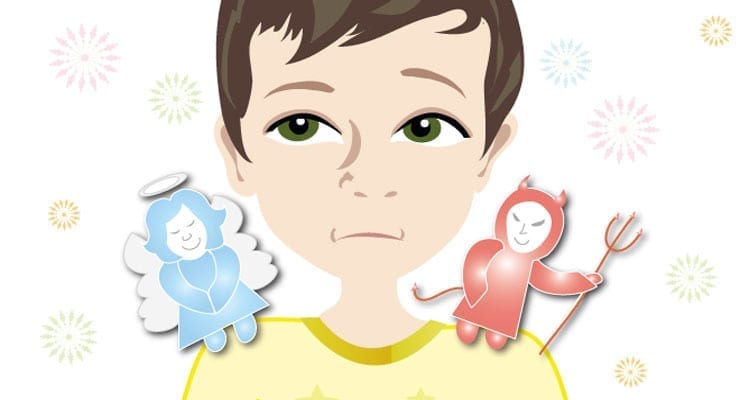“Before I got married I had six theories about raising children; now, I have six children and no theories.”
– John Wilmont
The toddler tornado has hit my home. There are two whirlwinds now. One two-year-old and one four-year-old. They compete over toys, food, affection and when it suits them, combine their energies into one giant parent-trap storm.
When my two-year old was younger, my husband and I praised our daughter’s strong nature and joked about her She-ra Warrior Princess death grip, willing to wrestle anyone and anything for what she wanted.
But now my little She-ra is turning into an ogre before my eyes. She stares me down, pouts her bottom lip, and breaks into a high-pitched, high-C scream worthy of any horror flick. I am about to have a tantrum of my own. It takes every ounce of patience I have to remember that I am the adult in this situation and I cannot be reactive, but proactive.
It’s a mantra I have to pledge to myself day after day, these days with two toddlers in full swing between amazing sweetness and troubling tirades.
“Breathe,” I say. “Breathe.” It’s supposed to be what I say to my daughter, but today, I need to say it also to myself.
I wonder when the phase will end. Her older brother is watching what works for her, and willing to try out (and teach) a few tricks of his own. I am outnumbered. My friend is matter-of-fact about it. “Toddlers are psychotic,” she said of my children’s Jekyll-Hyde, angel-devil behavior.
The reality is children are emotional creatures filled with deep feelings that they don’t understand, and do not have the language yet to communicate. Often what a child is trying to say and what we parents think they are saying are two different things, caught in the crossfire of anger and hurt feelings on both sides.
Counting to ten under my breath, I remind myself to be grateful for my children’s spirited natures – they will need that strength as they grow up, if I can only teach them how to direct it in positive ways.
Though the age for tantrums and other defiant behaviors begins around two and lasts to five or so, the crux of the matter is about impulse control and learning to navigate in the big world – a world so complex that it is often confusing even for adults.
The reality of learning the important skills of self-control and good decision-making extends from early childhood all the way through the teen years. It is a long stretch of patience and endurance, for both child and parent. Often the dilemmas of what to do are not so clear cut. There is no one-size fits all parenting method that works in every situation, other than this: love, listen, and act from a place of kindness.
Discipline is actually a good, kind word. It means to teach, to master self-control, to measure and judge rightly. Athletes have discipline and so do scholars, astronauts, scientists – anyone who wishes togain prominence in their field. Yet in the world of child-rearing, discipline is often synonymous with punishment. Let’s face it: No one ever learns much from punishment, except anger and resentment. Rather than getting your child to obey your orders, the more effective tactic is getting them to make better judgments.
Time-outs, which used to be the gold standard of positive parenting, are now on the outs. Why? Isolating a child who is confused, angry and perhaps afraid is not actually the way to get the child to think more clearly about what he or she has done. In fact, it can increase the negative aspects of the experience you are hoping your child will work through.
In his book, Playful Parenting, child psychologist Lawrence Cohen suggests a more effective approach. Instead of time-out, call a meeting on the couch. This does not have to actually be on the couch, so long as you create a safe space for talking and listening. Changing the scene works wonders in easing tensions for both parent and child. Once you are sitting together, you don’t have to talk about the problem, unless you want to. It should be a time of active listening and attentiveness.
The couch meeting can be called at any time, not just when things go wrong. It can be a place for talking about anything, feelings, upsets, how “we” (not “you”) could do things better, or just being silly or having cuddle time. The key is reconnecting with your child and creating a dialogue of solutions, which in turn builds confidence, which in turn leads to making better choices.
Toddlers hear the word “no” an astounding average of 400 times a day, until the word becomes almost meaningless. My advice on happier, more effective parenting: Let your “no” be no and use it sparingly. Say “yes” more often, play more, hug more (at least 12 times a day), and notice when your child is sad, afraid, or facing new challenges in his life. The upsets will come, the tantrums and little fists will fly, but it’s a true fact of life that listening, love and kindness can teach more than all the rules in the world.
Ciao,
Priness Ivana
For more on the subject, read It’s Not Just a Tantrum: Learn to Translate for Your Toddler





